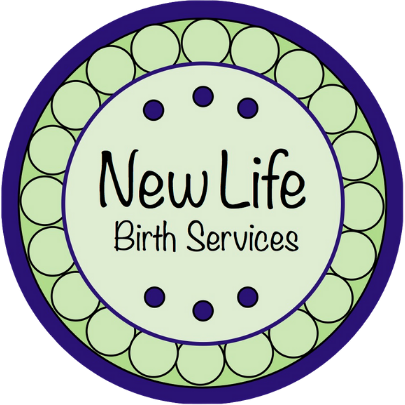How to Keep Baby Cool This Summer
Sweet summer time. The weather is warming up, and outdoor activities are too! This is the time of year for trips to the lake or beach, road trips, and general fun in the sun… but it can feel tricky when you have a baby in tow because you want to keep them safe and cool in the process. Today we’re sharing a few tips to help keep baby safe and cool while your family enjoys the great outdoors.
1 | Say No to Covers
Car seat and stroller covers are still a popular item on baby registries. However, covering a car seat or stroller outdoors can increase the temperature quickly and significantly! It’s tempting to believe that shielding baby from the hot Albuquerque sun is the best way to protect them from the sun and heat, but evidence shows otherwise. SafeInTheSeat did a wonderful experiment, for your reference! Just skip the covers this summer.
2 | Keep to the Shade
When possible, stay out of full sun. Seek refuge under trees or other covers that are well ventilated. A portable stroller fan can help keep the air circulating.
3 | Take Frequent Breaks
If you're spending a fair amount of time outside, it’s important to give baby breaks from the seat or stroller. Wearing your baby can be a great “middle ground”, as you are able to keep a constant monitor on baby’s temperature, and wearing your baby helps them regulate their temperature.
4 | Hydration is Key
Hydration is not only important for you, but also for your baby. The best hydration for babies under one year is breastmilk or formula. Water should not be introduced in any amount before 6 months, and even after 6 months it should not be the primary source of hydration in that first year. The AAP recommends only sips of water once solids are introduced to help babies familiarize with the taste after 6 months.
5 | SPF/UPF Clothing
Both the AAP and the AAD (American Academy of Dermatology) recommend limiting sunscreen use in children under 6 months. Shade and sun protective clothing is the primary safety suggestion for infants, but when both are not available, the AAD recommends applying “a minimal amount of broad-spectrum, water-resistant sunscreen with an SPF of at least 30”.

